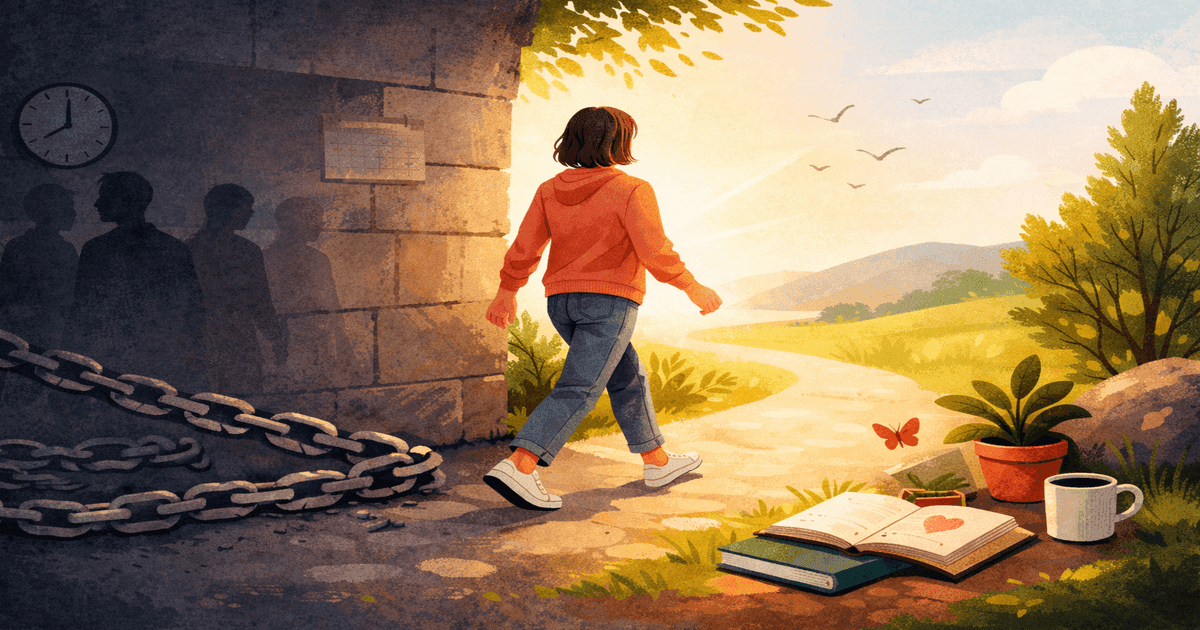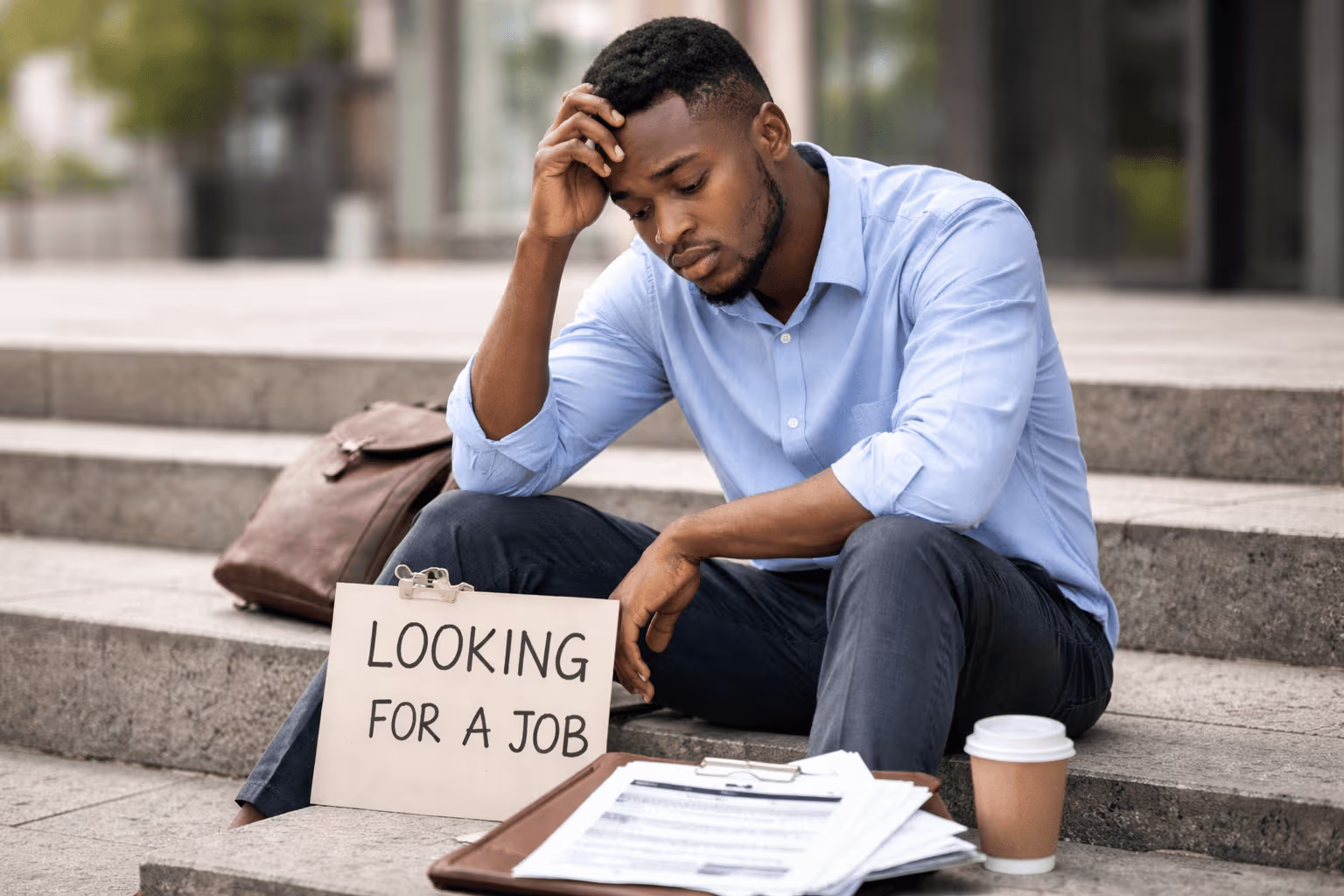No one prepares you for the silence that follows when your closest friend becomes a stranger. Suddenly, you’re left figuring how to exist in a space where they once belonged. Should you act like strangers again? Or pretend the bond never existed?
Friendship breakup grief is real and often ignored. Yet its impact on mental health, from anxiety and depression to emotional withdrawal, is profound and long-lasting. Understanding this kind of emotional loss is the first step toward healing.
Friendship Breakup
When romantic relationships end, the world sympathizes. Social media is flooded with support, and healing is expected. But when a friendship ends, people expect you to move on quietly. The emotional weight is minimized or brushed aside.
But research shows that the brain processes social rejection and friendship loss using the same neural pathways as physical pain. This explains why even the loss of a platonic connection can feel overwhelming.
In deep friendships, you share memories, vulnerability, identity, and a sense of emotional safety. Losing that feels like losing a part of yourself. When platonic breakups are dismissed, people are left grieving in isolation.
Common Reasons Why Friendships End
Understanding the reasons behind a friendship breakup can help you process the loss. While every situation is unique, there are recurring patterns:
- Growing Apart
Life changes like relocation, marriage, new jobs, or personal growth often change the way a friendship works. Friendships that once felt natural can start to feel strained or distant.
- One-Sided Effort
Like any relationship, friendships need mutual investment. When one person is always checking in, planning meetups, or supporting the other without reciprocity, burnout happens. Over time, the imbalance erodes the bond.
- Betrayal or Broken Trust
Friendship is built on trust. When it’s broken through gossip, dishonesty, or disloyalty, it can be hard to rebuild. The pain of betrayal often runs deeper in friendships because we rarely expect it there
- Unresolved Conflict or Miscommunication
Small misunderstandings that go unspoken can spiral into resentment. Many friendships could have been saved through honest communication, but silence often becomes the wedge that drives people apart.
How Friendship Loss Affects Mental Health
Friendship breakups can significantly impact your mental health. Losing a friend doesn’t just leave an emotional void, it can also affect your well-being. Many people report:
- Social withdrawal or isolation
- Difficulty trusting new people
- Increased anxiety or low mood
- Overthinking or replaying conversations
- Identity confusion (especially if the friend was a core support system)
These symptoms mirror those experienced in romantic heartbreak, yet people are less likely to seek support when it's a friend they've lost. The silence left by a broken friendship can be overwhelming. However, there are ways to manage loneliness and reconnect with yourself.
4 Signs You Haven’t Healed From a Friendship Breakup
Healing takes time. But if you’re experiencing any of the following, you might still be holding on to unresolved pain:
1. Avoidance of New Friendships
Emotional withdrawal is often a protective response to unhealed friendship trauma. If the thought of starting new connections feels draining or terrifying, it could be fear being let down speaking.
2. Lingering Bitterness or Resentment
Holding onto anger or mentally rehearsing what they did wrong is not healthy. Bitterness might feel like control, but it keeps you emotionally tethered to a chapter that’s meant to close. Healing requires letting go, not just of them, but of the grip their memory has on your peace.
3. Over-Romanticizing the Past
You keep going back to the laughter, the late-night talks, and the way they made you feel understood. But in the process, you tend to overlook the red flags, the unmet needs, and the way things started to fall apart. Only remembering the good times while ignoring what led to the breakup can keep you stuck in emotional denial. Healing means being honest with yourself about the full story, not just the good parts.
4. Feeling Ashamed for Missing Them
Missing someone who hurt you is human. But if you're ashamed to admit it, it may be time to give yourself permission to feel without guilt. Missing someone and recognizing they’re no longer good for you can coexist. The shame only delays your emotional recovery.
How to Heal From a Friendship Breakup
Healing from the end of a friendship is not about erasing the past but making peace with it. These practical steps can help:
- Validate Your Emotions
Grief is valid, even if society overlooks it. Acknowledge your sadness, frustration, and confusion. You don’t have to justify it to anyone.
- Journal or Write a Letter You Won’t Send
Putting your thoughts into words even if you never share them helps release what you've been bottling up. Whether it’s a written letter or a voice note, allow yourself to say everything you couldn't before.
- Reconnect or Release
Some friendships can be mended with a heartfelt conversation. Others may require you to let go and wish them well from afar. Remember that forgiveness doesn’t always mean reconciliation.
- Talk to a Mental Health Professional
Therapists are trained to help you process emotional losses. Don’t underestimate the healing power of talking to someone who listens without judgment and offers practical tools.
- Let New Friendships Emerge Naturally
You don’t need to rush into new friendships to prove you’ve moved on. Real, lasting friendships are built over time — not forced through emotional urgency.
Healing from a broken friendship takes courage, self-awareness, and time. It’s not about pretending it didn’t matter — it’s about giving yourself permission to grow, even from pain. You may never forget the friend you lost, but you can learn to move forward without bitterness.
What friendship loss do you still carry in silence?
If you'd like to share your story or reflections, we’re here to listen.



